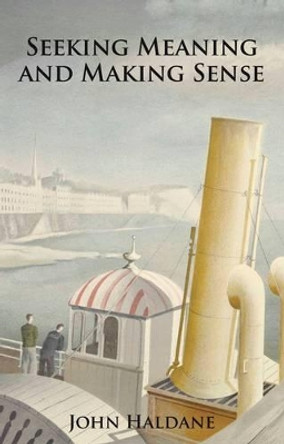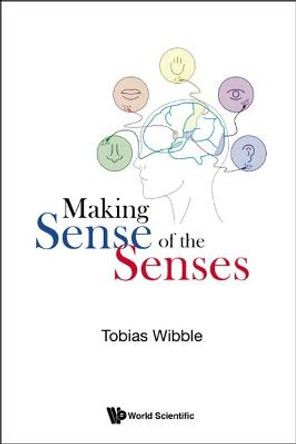Description
Reichert considers criticism broadly as the imparting of one's understanding of a poem or play or novel to another reader. When the rhetorical function of critical language is recognized, seemingly distinct approaches to literature can be seen as different though often compatible means to a single end. He contends that the critic's job is not to report a personal response but to describe how a reader-any reader-ought to respond to a particular work. This necessitates postulating the author's intention at every turn, so that criticism becomes an account of what the author does to the reader by means of the work.
Taking off from recent developments in the philosophy of language, Reichert proposes answers to questions such as: What is involved in the understanding of metaphor, irony, and fiction? What knowledge must the reader bring to the text to understand it? And in what ways may the meaning of the text be regarded as stable? He sets out to refute attempts by Beardsley, Peckham, Kermode, Culler, and Ellis, among others, to define the essential nature or function of literature. Finally, with a simple account of how the everyday assessments we make of people and actions apply to literary works, Reichert demonstrates that full evaluative arguments are never purely formal or "literary," but always, in a broad sense, moral.
Book Information
ISBN 9780226707693
Author John Reichert
Format Hardback
Page Count 229
Imprint University of Chicago Press
Publisher The University of Chicago Press
Weight(grams) 397g
Dimensions(mm) 22mm * 15mm * 2mm








